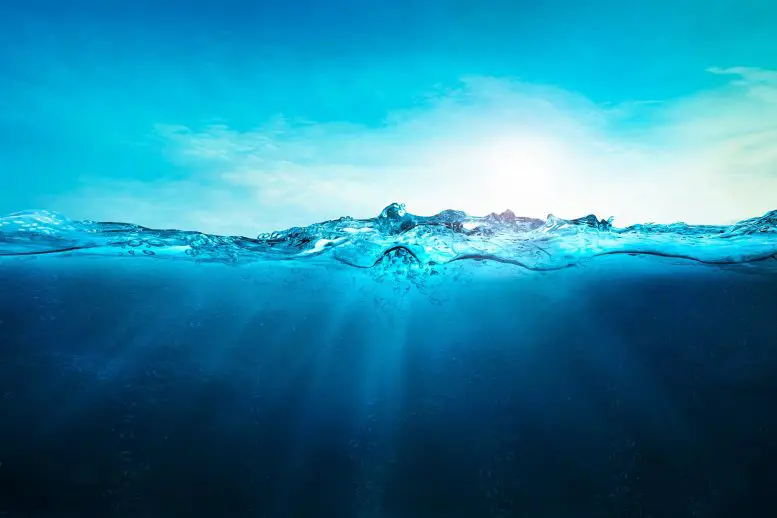Global warming threatens life in the oceans
- November 15, 2024
- 0
The lifeblood of our oceans is at risk. A recent study warns us about the effects of global warming on marine life; plankton populations are at serious risk.
The lifeblood of our oceans is at risk. A recent study warns us about the effects of global warming on marine life; plankton populations are at serious risk.

The lifeblood of our oceans is at risk. A recent study warns us about the effects of global warming on marine life; plankton populations are at serious risk. The research points to an obvious but often underestimated truth: If we don’t act quickly, vast amounts of marine life could be on the brink of extinction by the beginning of this century.
Plankton struggles with rapid warming
The study explores the world of tiny ocean inhabitants known as plankton, who are more important than you might think. For the first time, researchers have compared how these tiny creatures responded to significant global warming in the past with how they might respond to similar conditions expected by the end of our century. The findings turned out to be quite alarming. It appears that plankton are trying to keep up with the current rate of temperature increase.
Plankton can’t adapt fast enough
The study’s lead author, Dr Rui Ying, led the project during his postgraduate study in marine ecology at the University of Bristol.
“The results of the study are worrying because even with more conservative climate projections of 2°C warming, it appears that plankton will continue to be unable to adapt quickly enough to keep up with the much faster rates of warming we are currently seeing.” – said Dr. Ying.
“Plankton is the lifeblood of the oceans, supporting the marine food web and storing carbon. If its existence is threatened, it will create an unprecedented threat that will disrupt the entire marine ecosystem and have devastating, far-reaching consequences for both marine life and the human food supply.”
Predicting the future by looking at the past
To reach these conclusions, scientists developed a new model to analyze the behavior of plankton during the last ice age 21,000 years ago. They compared this to how plankton might behave under future climate conditions. By focusing on a specific group of plankton that has been preserved over centuries, this approach provides unique insight and an impressive level of precision.
“The past is often thought to be the key to understanding what the world will look like in the future. “The geological record shows that plankton migrated from warm oceans to survive,” Dr. Ying said. “But projections using the same ecology and climate model suggest that current and future warming rates will repeat this.” “It showed that it was too high to be allowed to occur, which could lead to the extinction of valuable organisms.”
The broader problem of global warming
This research highlights the broader issue of global warming and our collective responsibility to control its effects on plankton and marine ecosystems as a whole.
The Paris Agreement was a global commitment to keep the average global temperature increase well below 2°C (3.6°F) from pre-industrial levels and limit it to 1.5°C (2.7°F). But a recent United Nations report shows the world could face 3.1°C (5.6°F) of warming unless governments take more decisive action to reduce carbon emissions.
The need for global climate action
Co-author of the study, Daniela Schmidt, is Professor of Earth Sciences at the University of Bristol and a renowned marine ecologist. He has chaired several reports of the Intergovernmental Panel on Climate Change (IPCC), and his findings are critical to understanding the climate crisis.
“This study highlights the major risks associated with the extremely rapid climate and environmental changes the world currently faces. If these worrying trends continue, there will be very real consequences for our ecosystems and human livelihoods, including fishing communities,” said Schmidt.
“The message is therefore clear: all countries, collectively and individually, must step up efforts and actions to minimize global warming.”
With life-giving ocean environments under threat, it’s time to take action. If tiny plankton are at risk, the entire marine world and our food supply could be at risk too. Plankton research shows that it doesn’t have to be this way; The world can still limit global warming. But for this to happen, every country needs to step up and take action. The study was published in the journal Nature.
Source: Port Altele
As an experienced journalist and author, Mary has been reporting on the latest news and trends for over 5 years. With a passion for uncovering the stories behind the headlines, Mary has earned a reputation as a trusted voice in the world of journalism. Her writing style is insightful, engaging and thought-provoking, as she takes a deep dive into the most pressing issues of our time.